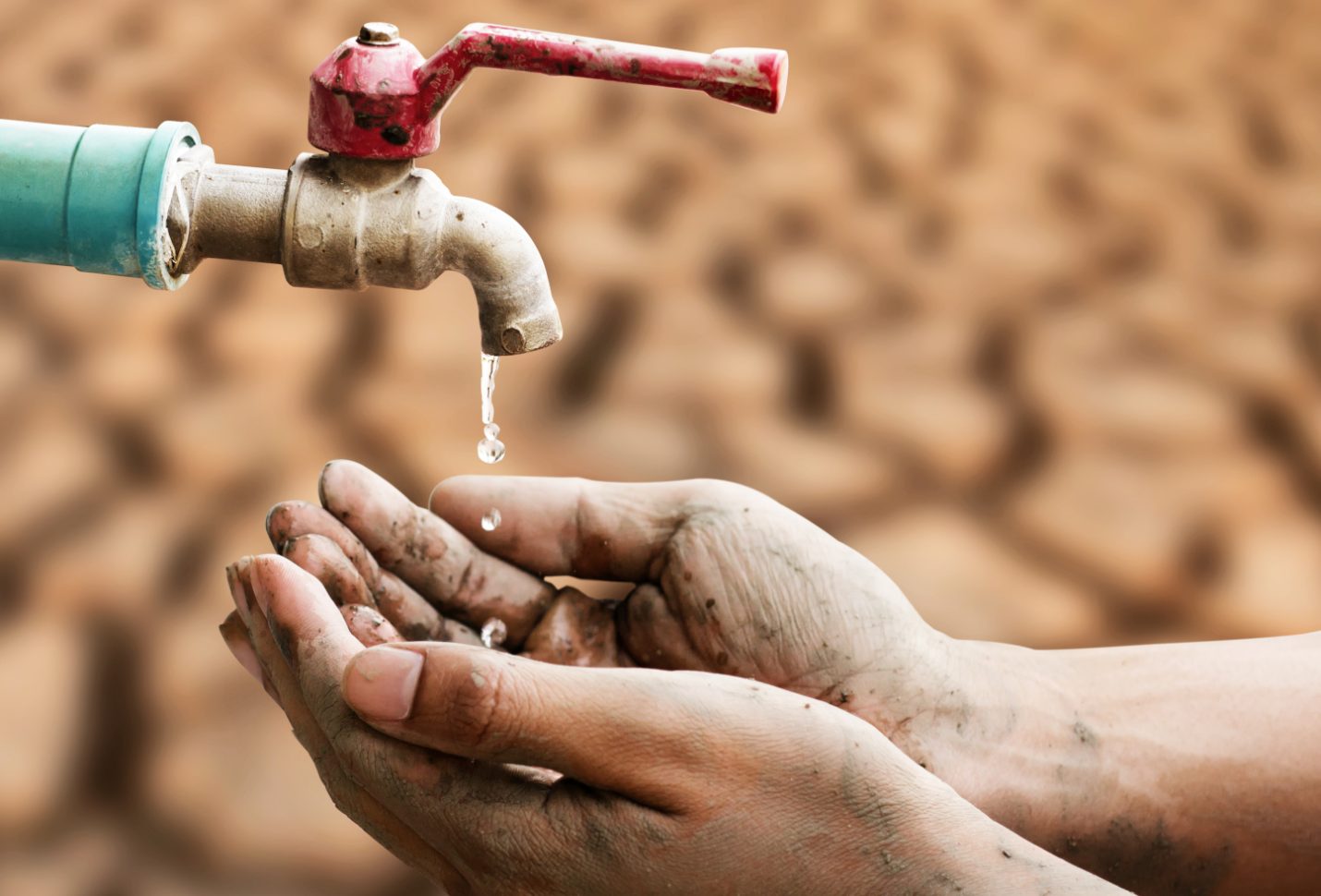
Report: 170 million new jobs by 2030..40% of skills required on jobs set to change
The Future of Jobs Report 2025, published by the World Economic Forum, said that 170 million ...

The first-ever annual estimate of economic value of water and fresh water ecosystems is $58 trillion – equivalent to 60% of global Gross Domestic Product (GDP), according to a new report by the World Wide Fund for Nature (WWF).
Water, the world’s most precious yet undervalued resource, lies at the heart of a mounting global crisis that threatens both human and planetary health, according to “The High Cost of Cheap Water” report.
The water crisis is exacerbating economic pressures and undermining global efforts to reverse nature loss and adapt to the worsening impacts of climate change, from devastating droughts and extreme floods to sea level rise.
“Water and freshwater ecosystems are not only fundamental to our economies, they are also the lifeblood of our planet and our future,” said Stuart Orr, WWF Global Freshwater Lead. “We need to remember that water doesn’t come from a tap – it comes from nature. Water for all depends on healthy freshwater ecosystems, which are also the foundation of food security, biodiversity hotspots and the best buffer and insurance against intensifying climate impacts. Reversing the loss of freshwater ecosystems will pave the way to a more resilient, nature-positive and sustainable future for all.”
“The alarming impacts from droughts, floods, decline of critical species, and water availability for human use and agriculture are staggering,” said Michele Thieme, WWF Deputy Director, Freshwater. “There is still an opportunity to lessen and even prevent these impacts from causing further acute harm, but we must take action now to safeguard these vital life supporting ecosystems.”
The report finds that direct economic benefits, such as water consumption for households, irrigated agriculture and industries, amount to a minimum of $7.5 trillion annually. It also estimates that the unseen benefits – which include purifying water, enhancing soil health, storing carbon, and protecting communities from extreme floods and droughts – are seven times higher at around $50 trillion annually.
However, the degradation of rivers, lakes, wetlands, and groundwater aquifers is threatening these values as well as undermining action on climate and nature and progress towards the UN Sustainable Development Goals. Extracting unsustainable amounts of water, harmful subsidies, alterations to river flows, pollution, and climate change-related impacts are endangering freshwater ecosystems. Shockingly, two-thirds of the world’s largest rivers are no longer free-flowing, while wetlands are continuing to be lost three times as fast as forests.
Combined with poor water management, the destruction of freshwater ecosystems has left billions of people worldwide lacking access to clean water and sanitation, while water risks to businesses and economies are growing. By 2050, around 46% of global GDP could come from areas facing high-water risk – up from 10% today.
To address the global water crisis, WWF called on governments, businesses and financial institutions to urgently increase investment in sustainable water infrastructure. However, it cautions that outdated thinking, which focuses solely on more built infrastructure and ignores the source of the problem; degraded rivers, lakes, wetlands, and aquifers, will not solve the water crisis, especially in the era of climate disruption.
The key lies in recognizing the role of freshwater ecosystems as natural infrastructure that can support confronting the twin crises of climate change and nature loss. Investments need to focus on reversing the ongoing loss of freshwater ecosystems. Governments, for example, should join the Freshwater Challenge, a country-led initiative that aims to restore 300,000 km of degraded rivers and 350 million hectares of degraded wetlands globally by 2030 and to protect intact freshwater ecosystems. Meanwhile businesses must transform their approach to water and scale up collective action to build more resilient river basins.
The Future of Jobs Report 2025, published by the World Economic Forum, said that 170 million ...
HERE Technologies (HERE) and Amazon Web Services, Inc. (AWS) have been engaged in 10-year, $1 ...
Earth reached its warmest year on record in 2024, the University of Virginia (UVA) said, ...


اترك تعليقا